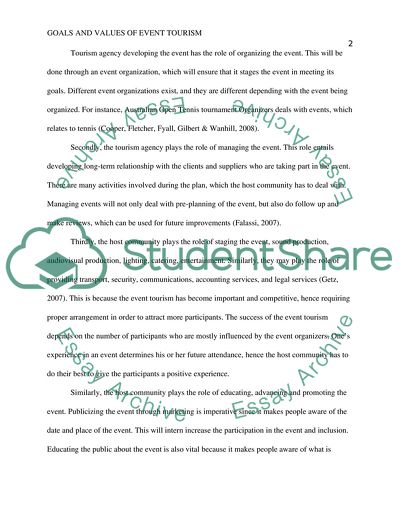Cite this document
(“The Principles of the Event Tourism: Australia Essay”, n.d.)
The Principles of the Event Tourism: Australia Essay. Retrieved from https://studentshare.org/tourism/1638293-event-management-essay-question-why-are-destinations-so-intent-on-attracting-and-developing-event-tourism-discuss-their-main-goals-and-the-associated-value-of-event-tourism-with-reference-to-corporate-and-public-events
The Principles of the Event Tourism: Australia Essay. Retrieved from https://studentshare.org/tourism/1638293-event-management-essay-question-why-are-destinations-so-intent-on-attracting-and-developing-event-tourism-discuss-their-main-goals-and-the-associated-value-of-event-tourism-with-reference-to-corporate-and-public-events
(The Principles of the Event Tourism: Australia Essay)
The Principles of the Event Tourism: Australia Essay. https://studentshare.org/tourism/1638293-event-management-essay-question-why-are-destinations-so-intent-on-attracting-and-developing-event-tourism-discuss-their-main-goals-and-the-associated-value-of-event-tourism-with-reference-to-corporate-and-public-events.
The Principles of the Event Tourism: Australia Essay. https://studentshare.org/tourism/1638293-event-management-essay-question-why-are-destinations-so-intent-on-attracting-and-developing-event-tourism-discuss-their-main-goals-and-the-associated-value-of-event-tourism-with-reference-to-corporate-and-public-events.
“The Principles of the Event Tourism: Australia Essay”, n.d. https://studentshare.org/tourism/1638293-event-management-essay-question-why-are-destinations-so-intent-on-attracting-and-developing-event-tourism-discuss-their-main-goals-and-the-associated-value-of-event-tourism-with-reference-to-corporate-and-public-events.


